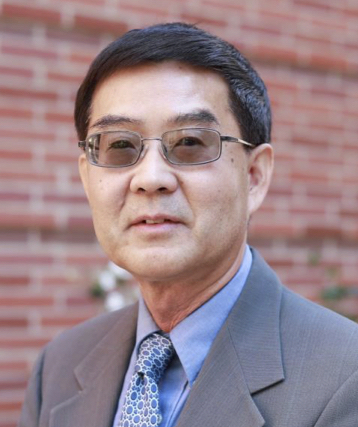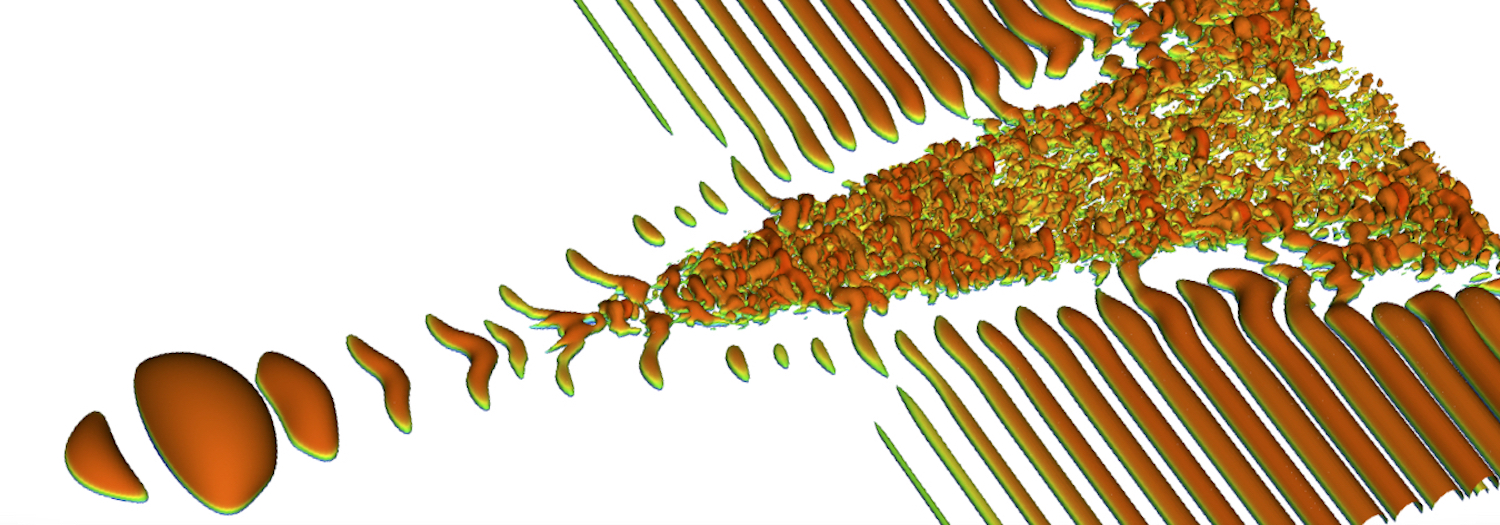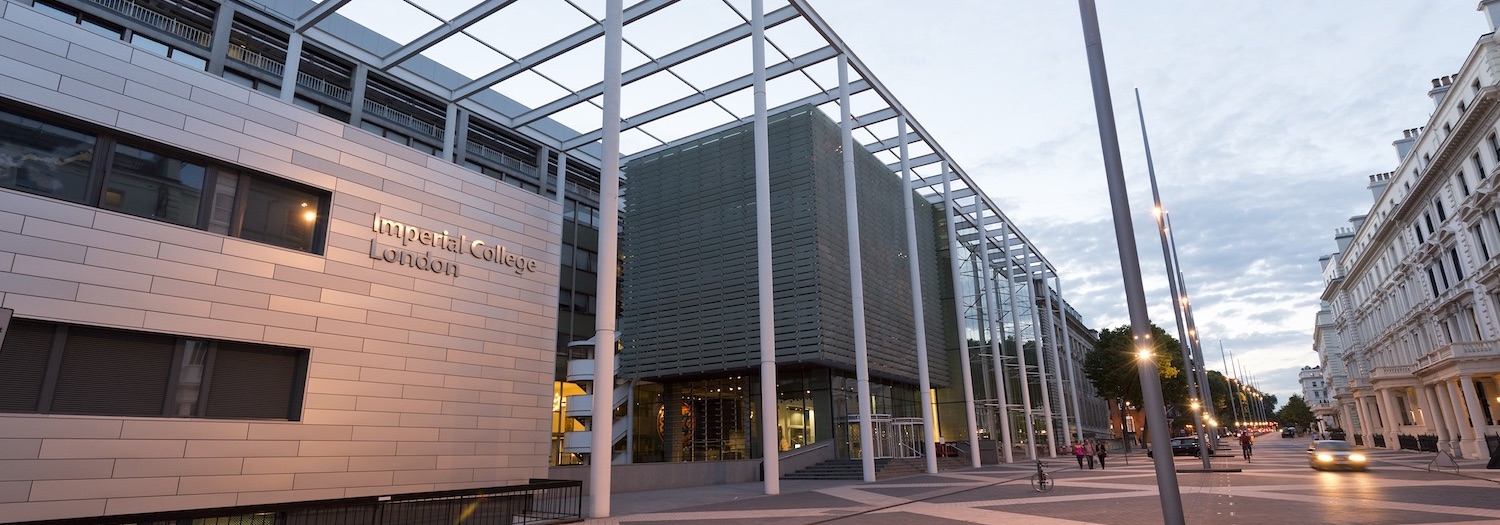Plenary & Keynote Speakers
Stefania Cherubini
Professor of Fluid Machinery
Polytechnical University of Bari, Italy
Stefania Cherubini is an Associate Professor in Fluid Machinery at the Polytechnical University of Bari. In 2010 she received an Italian Ph.D. in Machinery Engineering at the Politecnico di Bari and a French Ph.D. in Mechanics at the University Arts et Métiers ParisTech with honors (très honorable). The same year, she was a finalist for the Leonardo Da Vinci award of the ERCOFTAC. From September 2012 to 2016 she has been an Assistant Professor (Maitre de Conférences) at the DynFluid Laboratory of Arts et Métiers ParisTech. In 2015 she has been awarded the AIMETA Junior 2015 Prize for Fluid Mechanics, conferred by the Italian Association of Theoretical and Applied Mechanics. Since 2016 she is an Associate Professor in Fluid Machinery at the Polytechnical University of Bari. She has published 29 papers in major international journals of fluid mechanics. Her scientific interests cover different topics suchp as transition to turbulence in shear flows, nonlinear dynamics and chaos, hydrodynamic instability, linear and nonlinear optimisation.
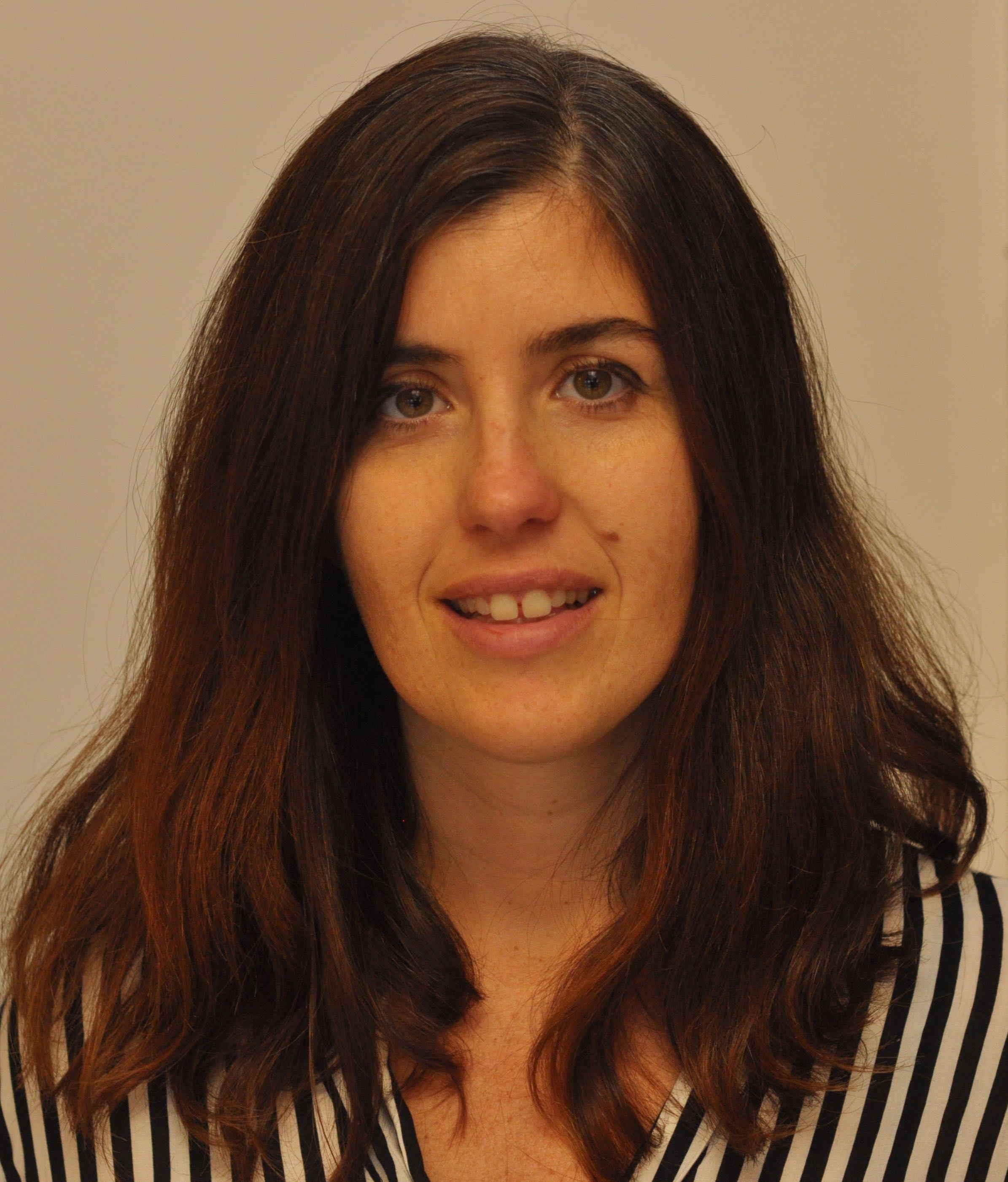
Jeffrey Crouch
Senior Technical Fellow in Flight Sciences
Boeing Company, USA
Jeffrey Crouch is a Senior Technical Fellow in Flight Sciences at The Boeing Company. His work focuses on flow-physics modeling and control, including theoretical and computational studies, ground-based experiments, and flight testing. He is the technical leader for Boeing’s research and technology-development efforts in transition and laminar flow control, including natural laminar flow (NLF) applications on the 787, the 737MAX and the 777X aircraft. His research work in transition has included developments in receptivity theory, nonlinear secondary instabilities, and amplitude methods for transition prediction.

Mujeeb Malik
Senior Aerodynamicist
NASA Langley Research Center, USA
Dr. Mujeeb Malik is the Senior Aerodynamicist at NASA Langley Research Center and Technical Lead for the Revolutionary Computational Aerosciences under NASA’s Transformational Tools and Technologies Project. He has served as Head of Computational AeroSciences Branch at Langley where he led research in the development of advanced CFD methods over a wide speed regime, from subsonic to hypersonic. He also sponsored NASA’s CFD Vision 2030 Study and is the Chair of AIAA CFD 2030 Integration Committee. Dr. Malik is well-known for his work on boundary layer stability and laminar-turbulent transition, in particular for his pioneering research in hypersonic boundary layer transition, developing computational methods and tools for its prediction, and fundamental studies to unravel physics of boundary layer stability in two and three-dimensional flows. Before joining NASA, he was President of High Technology Corporation, a Research & Development firm that he founded. He received his PhD from Iowa State University in 1978. During his PhD studies, he was also an academic visitor to Imperial College London for 6 months. He is a Fellow of AIAA, ASME and American Physical Society. He received NASA’s Exceptional Service Medal in 2012, Silver Achievement Medal in 2018 as well as several group achievement awards over the years.
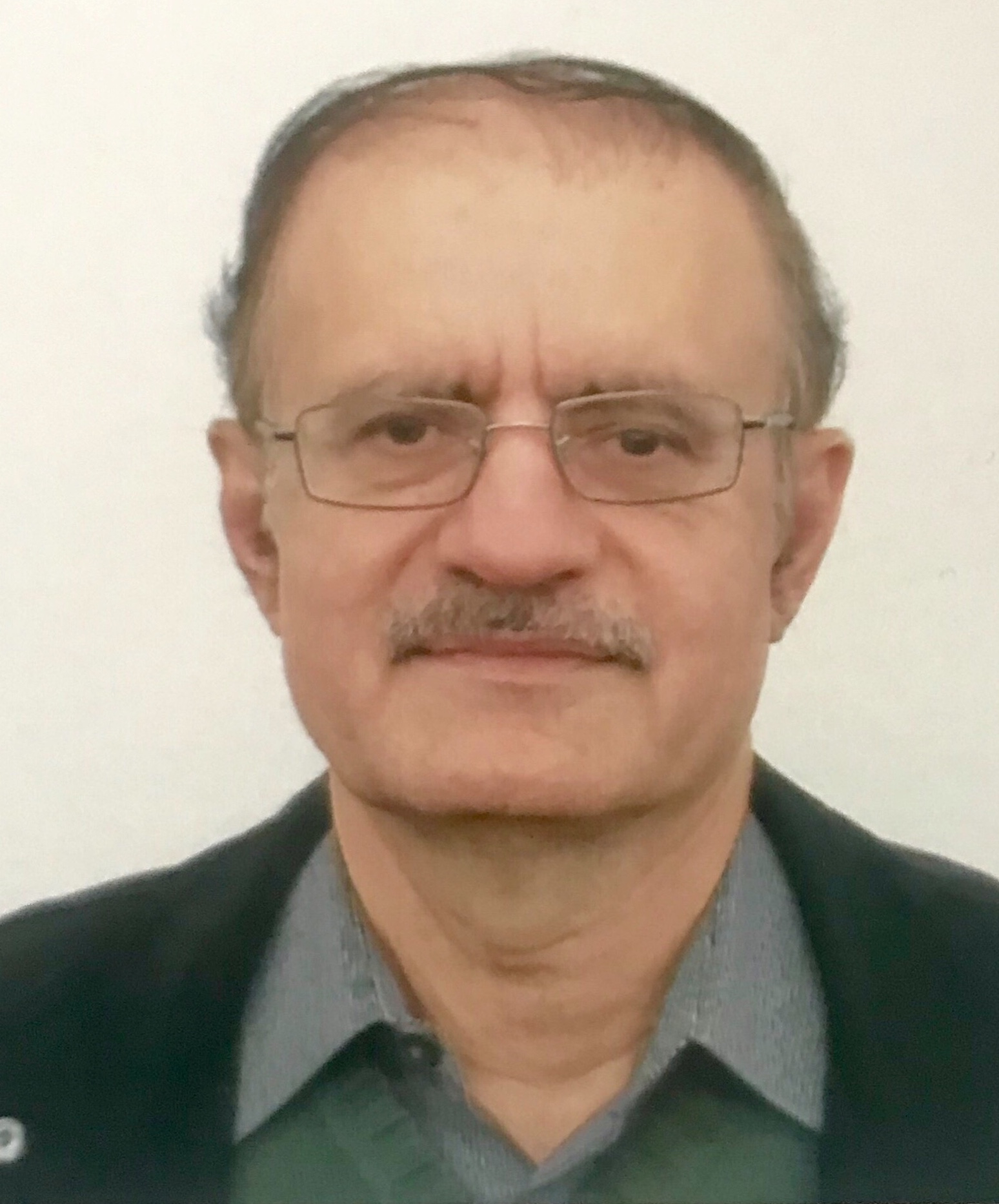
Tom Mullin
Professor of Physics
University of Oxford, UK
Tom Mullin is an Emeritus Professor at the School of Physics in the University of Manchester. He founded the Manchester Centre for Nonlinear Dynamics where he led an experimental team investigating the transition to turbulence in a constant mass flux pipe. He is now a visitor at the Mathematical Institute in the University of Oxford and continues research into transition with collaborators in Paris and Japan.
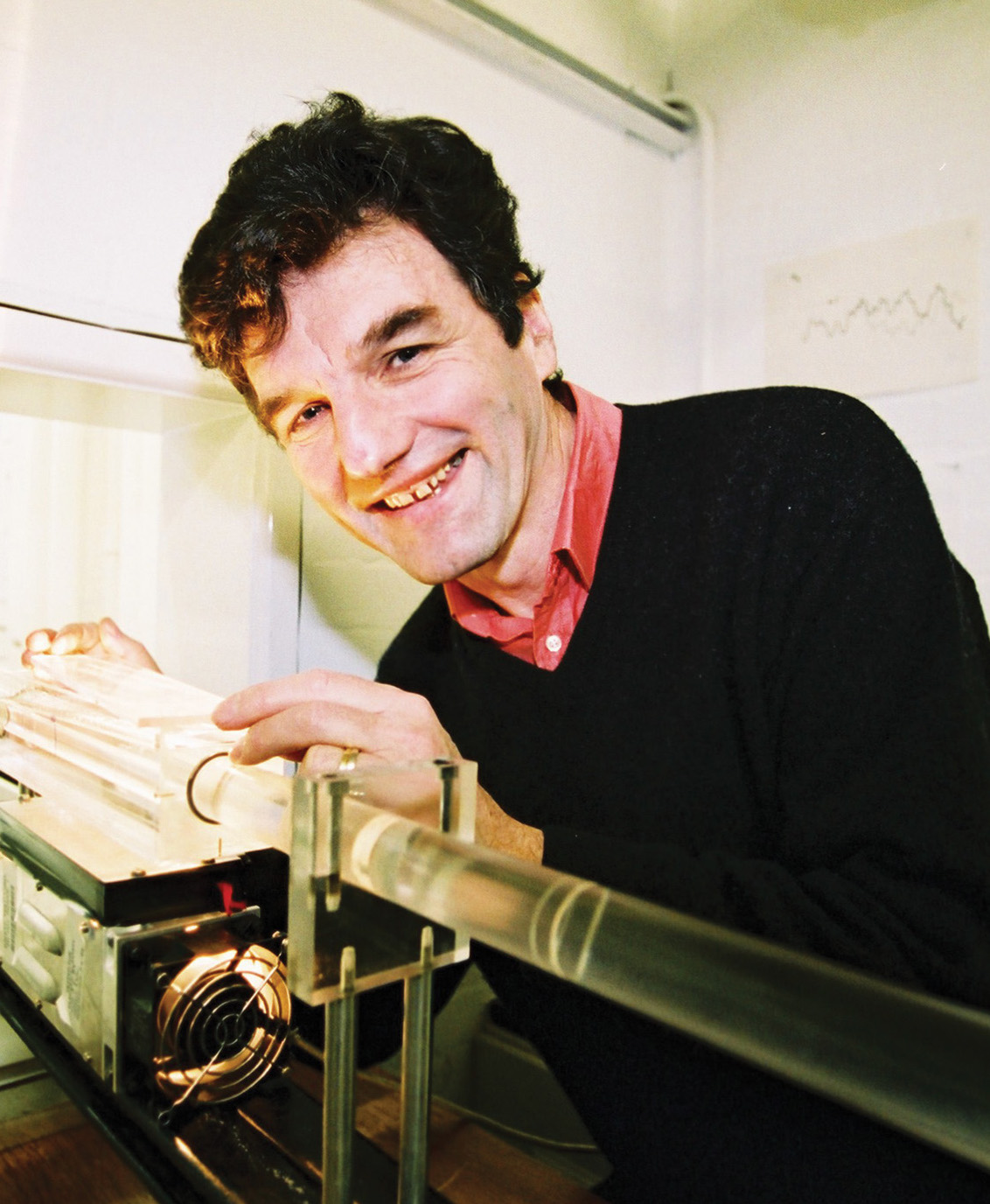
Helen Reed
Regents Professor
Texas A&M University, USA
Helen L. Reed, Ph.D., P.E. holds the titles of Regents Professor, Presidential Professor for Teaching Excellence, and Holder of the Edward “Pete” Aldridge ‘60 Professorship within the Department of Aerospace Engineering at Texas A&M University. She joined Texas A&M in 2004, served as Department Head (2004-08), and founded and directs both the Computational Stability & Transition Laboratory and the AggieSat Lab Small Satellite Program. She has 41 years of experience in boundary-layer receptivity, stability, transition, and flow control for both 2-D and 3-D flowfields over the speed range from low subsonic to hypersonic, and 25 years of experience in micro- and nano- satellite design and operations and student programs. She is a Fellow of the American Institute of Aeronautics & Astronautics (AIAA), American Physical Society, and American Society of Mechanical Engineers (ASME). She is the recipient of the 2018 AIAA/National Academy of Engineering 3rd Yvonne C. Brill Lectureship in Aerospace Engineering, 2018 AIAA Fluid Dynamics Award, 2016 ASME Kate Gleason Award, 2007 AIAA/American Society for Engineering Education J. Leland Atwood Award, and 2014 Minnie Stevens Piper Professor Award from Texas. Presently she is the Chair of the AIAA Transition Discussion Group and a member of the NATO AVT ET 240 Technical Team: “Hypersonic Boundary Layer Transition Prediction”.
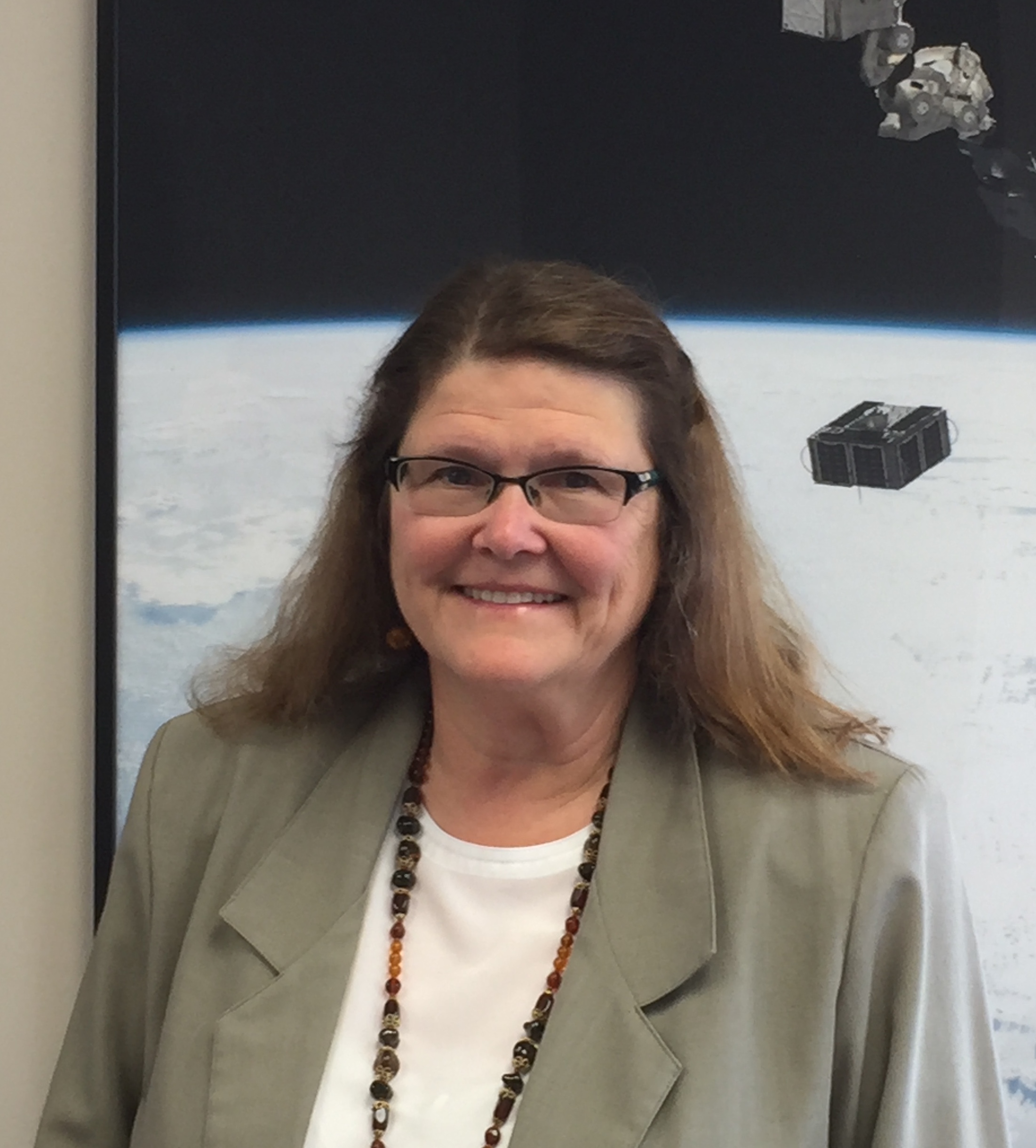
Tamer Zaki
Professor in Department of Mechanical Engineering
Johns Hopkins University, USA
Tamer Zaki is an Associate Professor in the Department of Mechanical Engineering at Johns Hopkins University (JHU). His research employs high-fidelity simulations to study transitional and turbulent flows and nonlinear optimization techniques to solve high-dimensional inverse problems. Zaki received his PhD in 2005 from Stanford University in Flow Physics and Computational Engineering. He participated in the Department of Energy Advanced Simulation and Computing (DoE-ASC) program at Stanford and Los Alamos National Lab where he was awarded the Directors Fellowship. He joined the faculty of Mechanical Engineering at Imperial College London in 2006, where he established the Flow Science and Engineering group and garnered several awards, followed by his current appointment at JHU. He is a life member of the American Physical Society and a member of JHU’s Institute for Data Intensive Engineering and Science. Zaki is the recipient of the Office of Naval Research Young Investigator Award (2016-2018) and the JHU William H. Huggins Excellence in Teaching Award (2017). Author of over 70 journal articles, Zaki is a member of the editorial advisory board of Flow, Turbulence & Combustion.
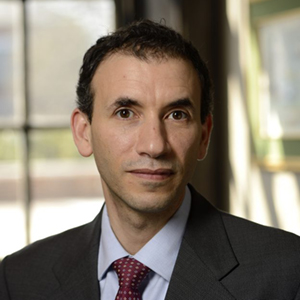
Andre Cavalieri
Professor
Instituto Tecnológico de Aeronáutica (ITA), Brazil
André V.G. Cavalieri was born in Vila Velha, Brazil, in 1982. He is currently an Associate Professor at Instituto Tecnológico de Aeronáutica (ITA). He has a B.S. (2004) and MSc. (2006) degree from ITA, and a PhD (2012) from Université de Poitiers, followed by a post-doc at the University of Cambridge. His main research interests are on flow instability, turbulence and aeroacoustics, and also on the development of signal processing to extract relevant features of complex flows.

Maksim Ustinov
Professor
TsAGI Central Aerodynamics Institute, Russia
Maksim V. Ustinov graduated from Moscow Institute of Physics and Technology in 1984, Ph.D in Physics and mathematics in 1988. From 1984 till the present time he worked in Central Aero-hydrodynamic Institute (TsAGI) as an engineer, research associate and now deputy chief of the hypersonic аerodynamic department. His range of resarch interests cover: theoretical and experimental investigations of laminar-turbulent transition and laminar flow control by dielectric barrier discharge and surface micro-relief. He published more then 50 papers.

Xiaolin Zhong
Professor of Mechanical and Aerospace Engineering
University of California, Los Angeles (UCLA), USA
Dr. Xiaolin Zhong is a Professor in the Mechanical and Aerospace Engineering (MAE) Department at UCLA. After receiving a Ph.D. degree in aeronautics and astronautics from Stanford University in 1991, he has been a faculty member in the MAE Department at UCLA, first as an Assistant Professor (1991-1997), later an Associate Professor (1997-2001), and currently a full Professor (2001-present). His main research areas are computational fluid dynamics, hypersonic flows, and development of new high-order numerical methods for hypersonic flow simulations; numerical simulation of hypersonic boundary layer receptivity, stability, and transition, numerical simulation of real-gas hypersonic flow, hypersonic ablation, and strong shock/turbulence interaction. He is an Associate Fellow of the American Institute of Aeronautics and Astronautics and was an Associate Editor for the AIAA Journal from 2005 to 2015.
